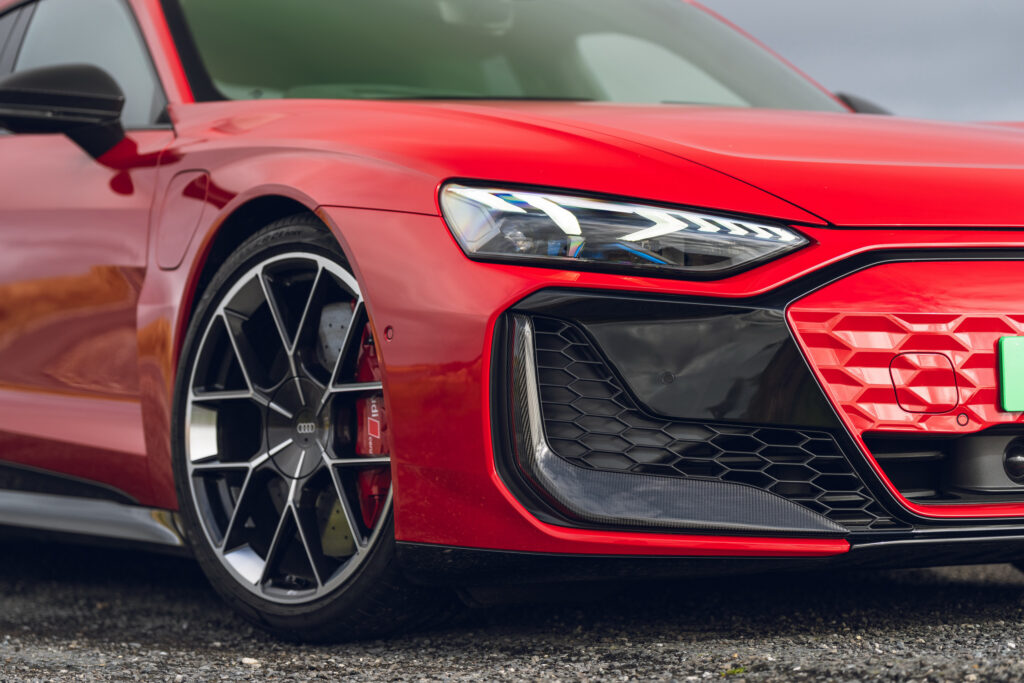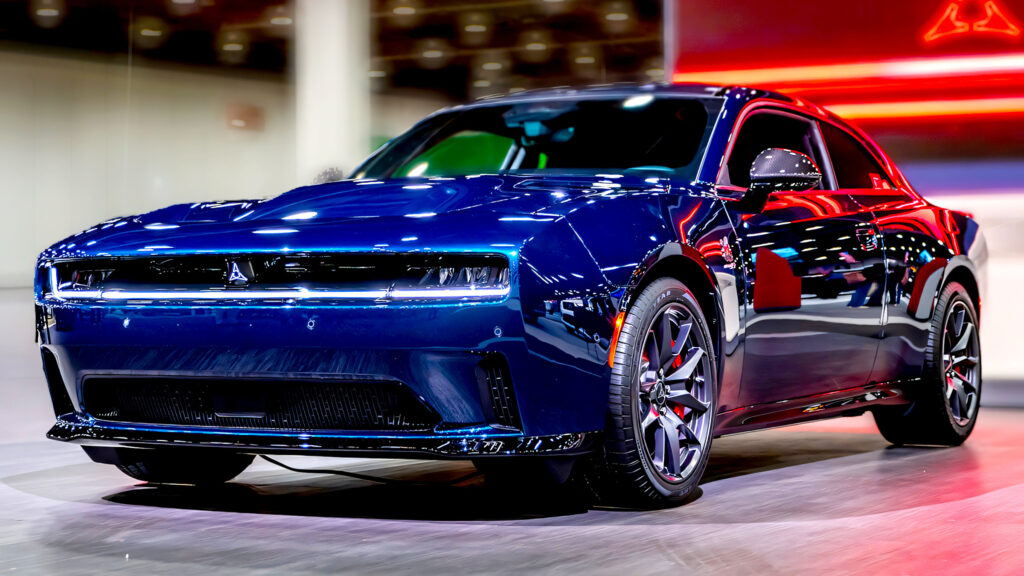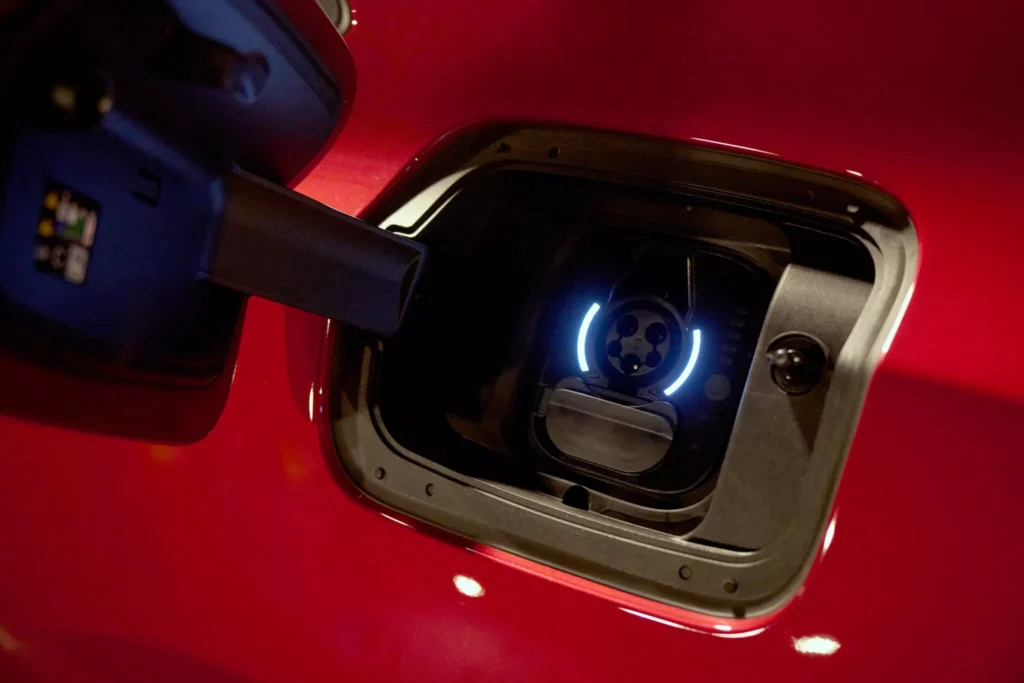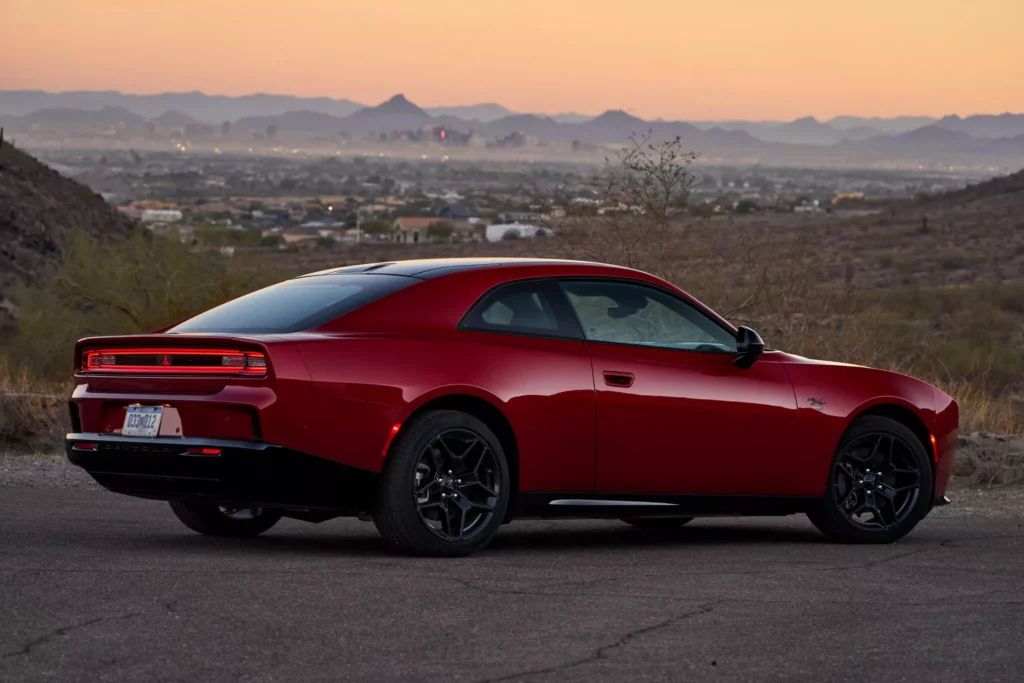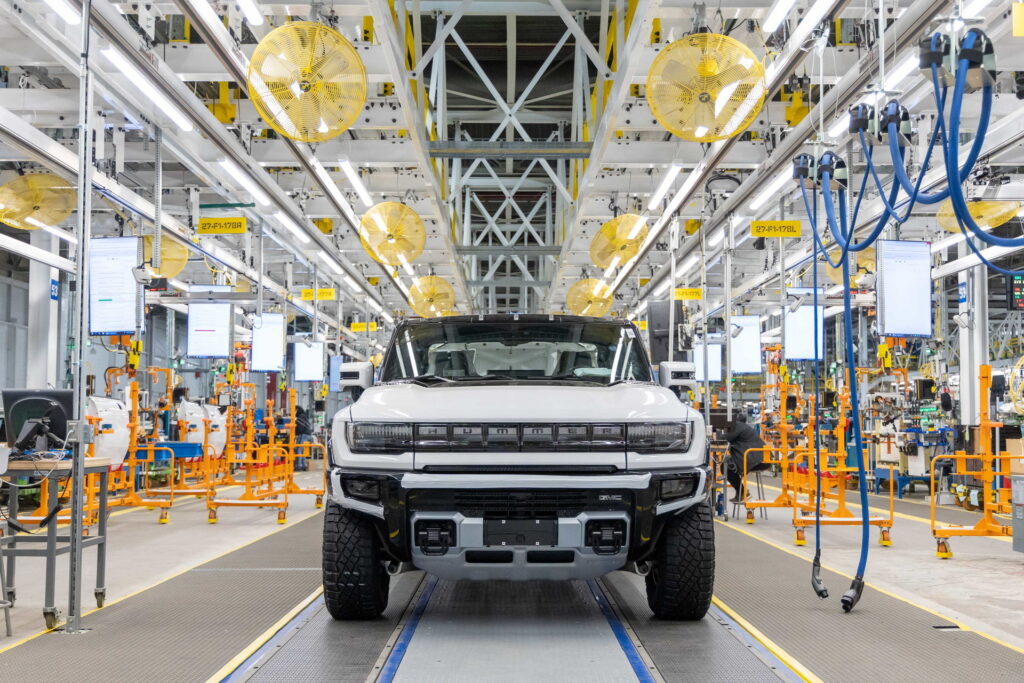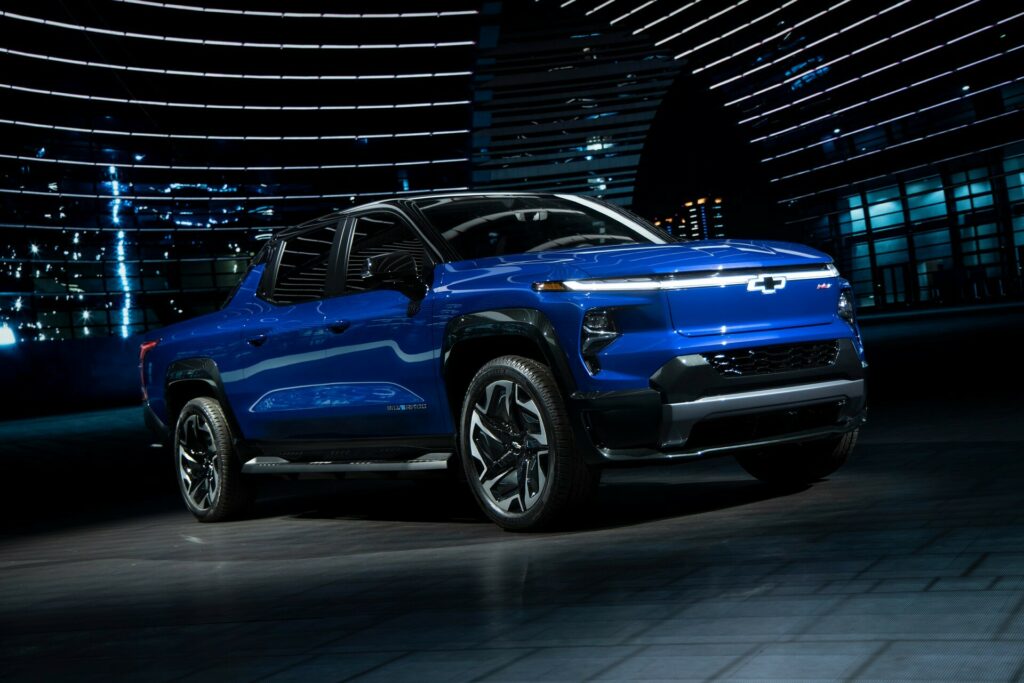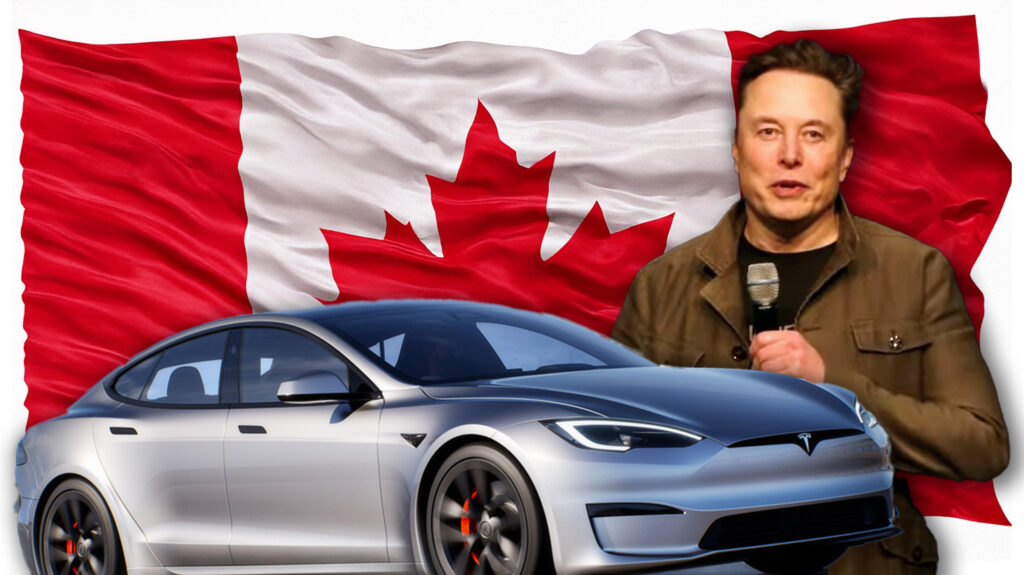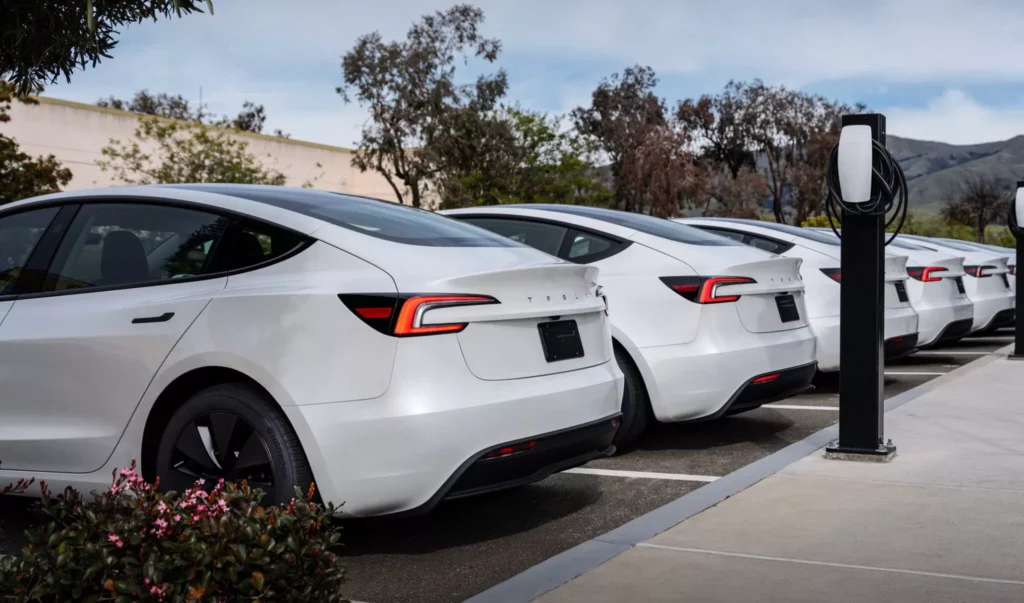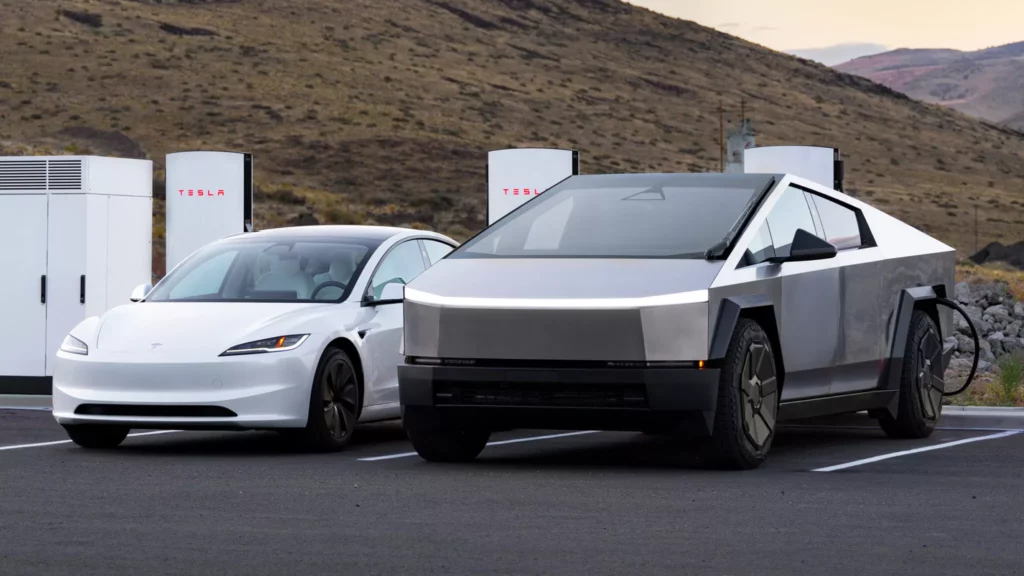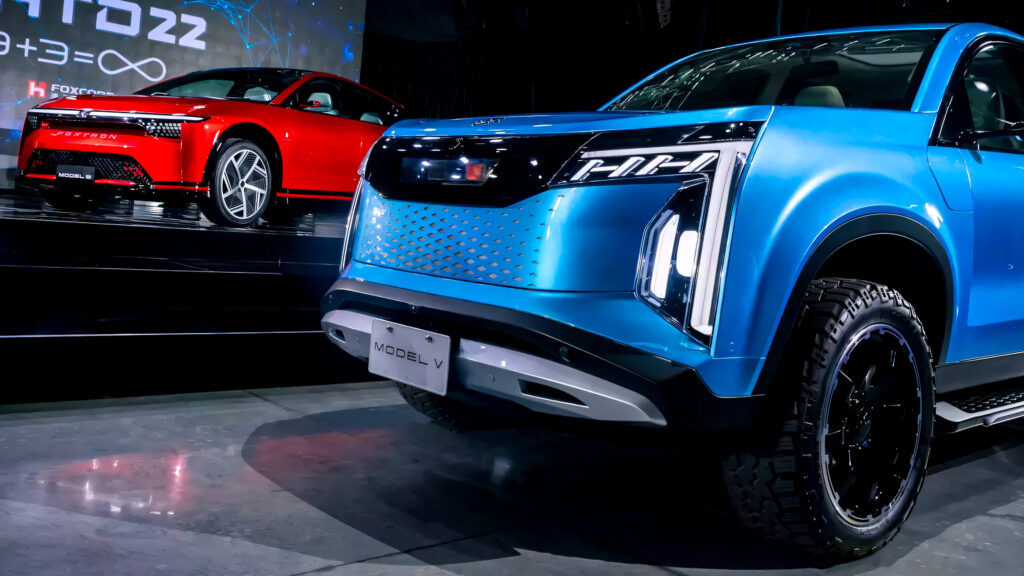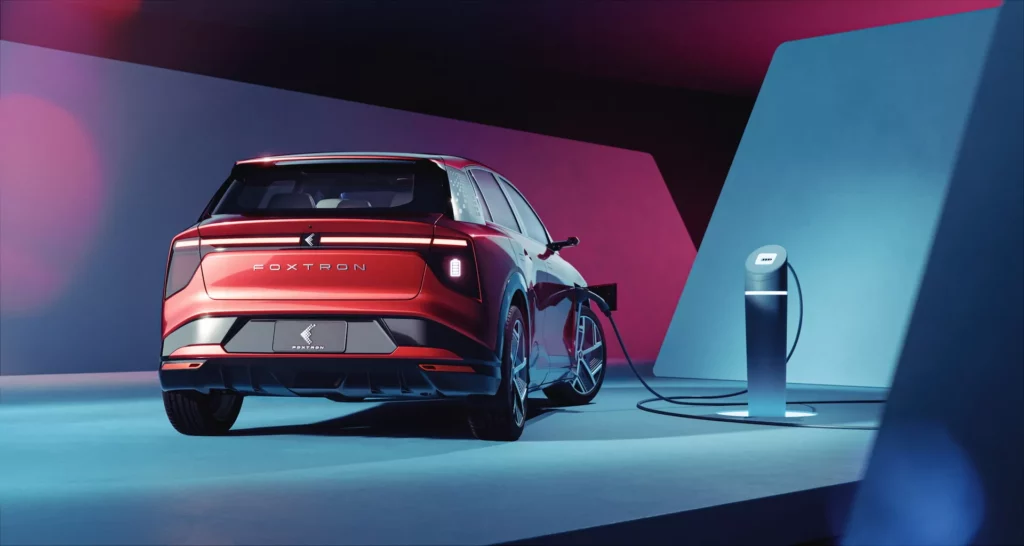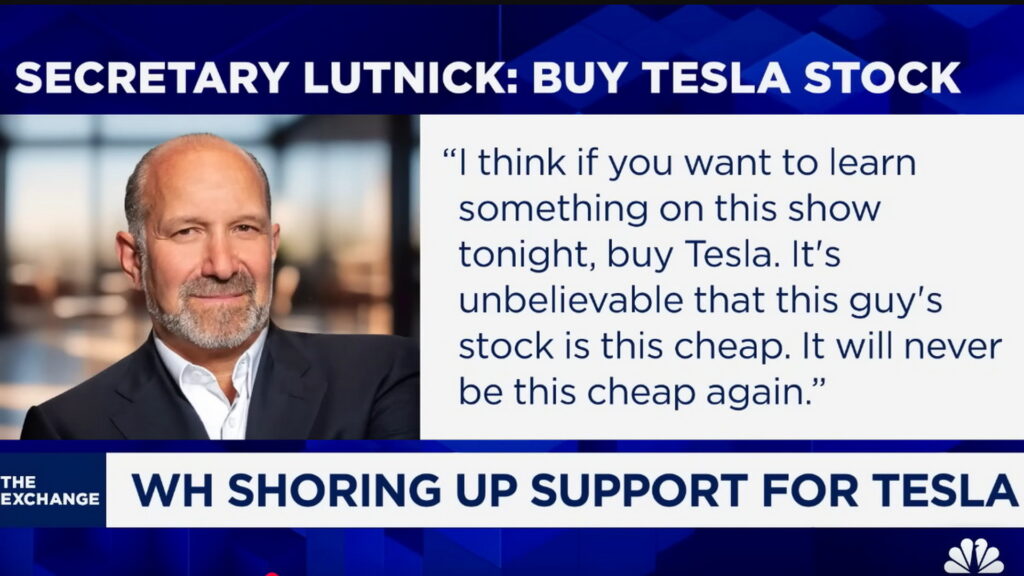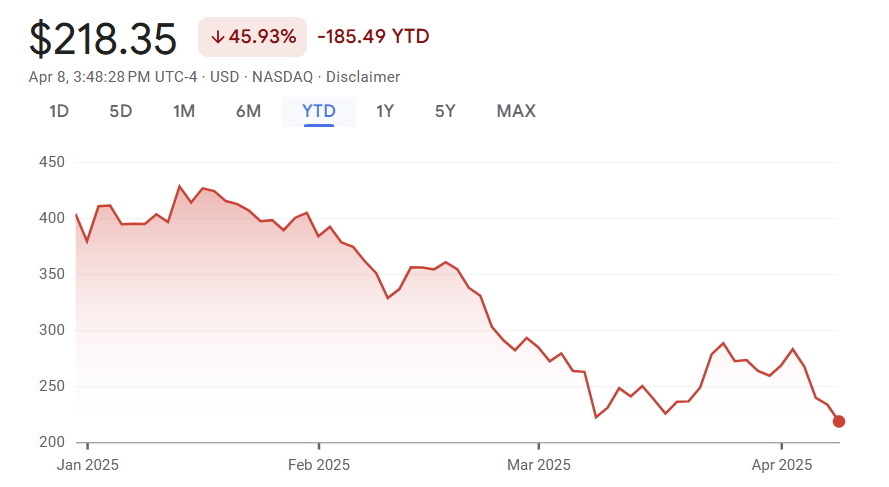EU Wants To Ban Carbon Fiber In Cars And Automakers Are Nervous

- A new EU draft proposal could classify carbon fiber as hazardous automotive material.
- Ban would threaten carmakers relying on carbon fiber to cut EV weight and improve range.
- Even if passed, the law wouldn’t take effect before 2029, allowing time for adjustments.
Materials like lead, mercury, cadmium, and hexavalent chromium have long been classified as hazardous by the European Union. Despite that, they’re still allowed in the automotive sector under exemptions that don’t apply to other consumer goods. Now, though, another material could face outright prohibition in European cars: carbon fiber.
According to a new report, the European Parliament, which is responsible for the union’s laws, recently concluded a draft revision of the End of Life Vehicles (ELV) Directive that regulates dismantling and recycling vehicles and is aiming to make them more environmentally friendly. In it, carbon fiber is, for the first time anywhere in the world, classified as a harmful material.
More: EU Could Ditch Tariffs On Chinese EVs For Minimum Prices
Carbon fiber is used extensively in the aircraft industry as well as many other applications, such as wind turbine blades, cars and, to a lesser degree, motorcycles due to it being stronger than steel and lighter than aluminum. While it’s pricier than both, as its construction is far more difficult and costly, in many instances its advantages outweigh that con.
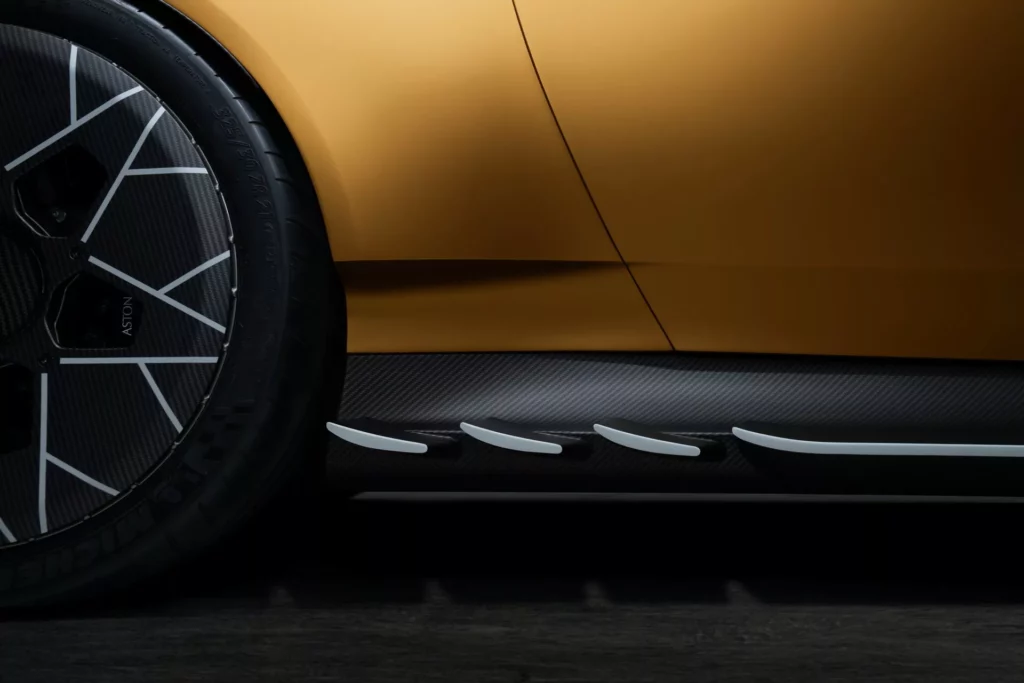
Is A Huge Market Worth Billions About To Be Decimated?
The world market for carbon fiber, which was worth $5.48 billion in 2024, is expected to grow annually at an average rate of 11% to $17.08 billion by 2035, US research firm Roots Analysis estimates. Currently, cars account for 10% to 20% of all applications according to Nikkei Asia‘s report. That number is bound to increase exponentially as manufacturers strive to lower the weight of their electric vehicles.
The extra weight of EVs compared to ICE-powered vehicles is due to them having to haul a big battery pack, usually on the floor. Using carbon fiber is seen as an ideal solution, especially by premium manufacturers for whom price is far from the first priority, unlike handling and range, which are compromised by all that weight and definitely matter much more to them.
Caution: Carbon Can Be Harmful When Getting Disposed Of
So why does the EU consider the material to be hazardous? The reason that when carbon fiber, which is bound with resin, is discarded, filaments may become airborne, causing short circuits in machinery and, more importantly, pain in humans if they contact the skin and mucosal membranes.
More: 2025 Kicks Off With A 30% Surge In Global EV And PHEV Sales
As Nikkei Asia points out, the ones who stand to lose the most if this ban goes through are three Japanese companies, Toray Industries, Teijin and Mitsubishi Chemical, who combined hold 54% of the world’s carbon fiber market. For Toray Industries, after aircraft and wind power generation, cars are the third largest segment of its business. Moreover, 50% of that is in Europe, so it would be greatly affected if this proposal gets voted into law.
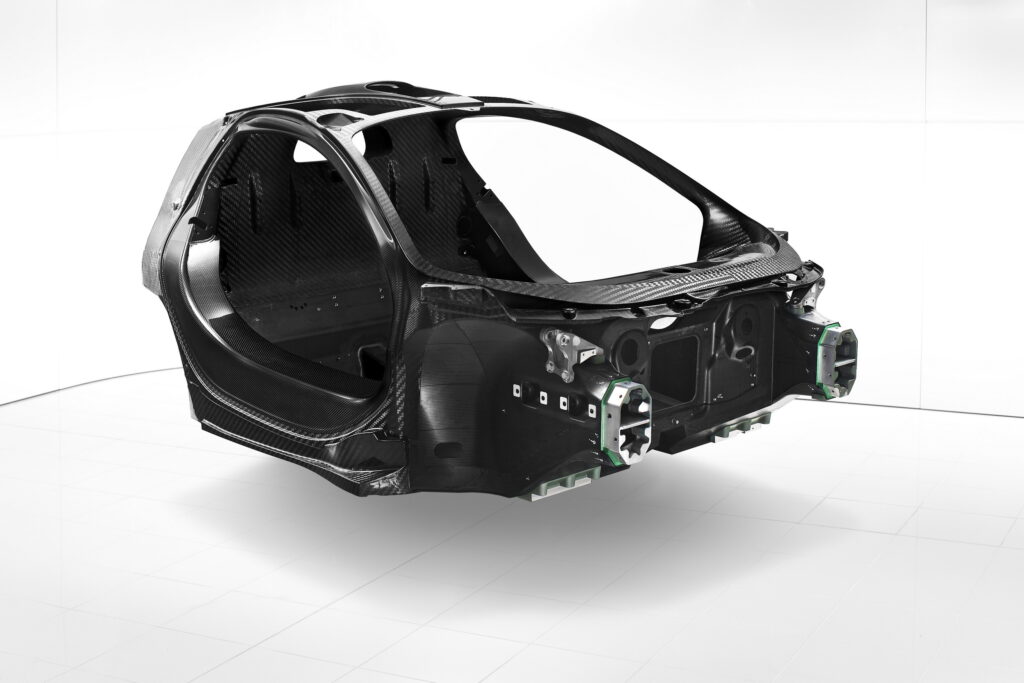
Apart from EVs, many brands use carbon fiber in their ICE or hybrid cars – McLaren even makes the whole chassis of its supercars out of it. The good news is that even if this ban is adopted in Europe (and that’s a big “if”, as it’s bound to be met with lots of resistance), it won’t come into effect until 2029.
Are We Getting Ahead Of Ourselves?
Four years may not be such a long time for manufacturers who must develop their upcoming cars to comply with regulations, but take a look at how our world has changed in less than four months, when Donald Trump took office as the 47th US President.
A single decision, the 25 percent tariff on imported cars which was implemented on April 2, sent economies all over the globe into a spin. Yet nothing’s set in stone yet, as many countries intend to negotiate with the Trump administration over this measure that harms their business. So, perhaps we shouldn’t worry too much about a possible ban on carbon fiber in Europe just yet – unless, of course, we were execs in one of the aforementioned Japanese companies. Or McLaren.
